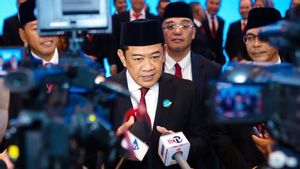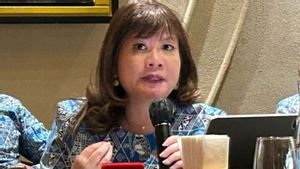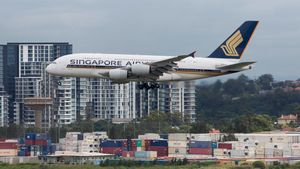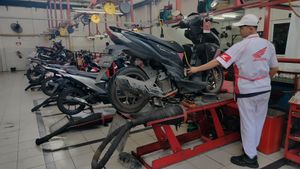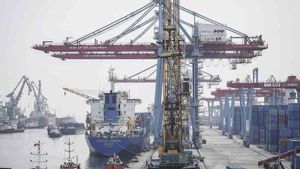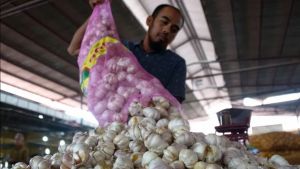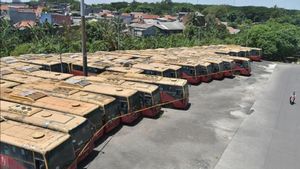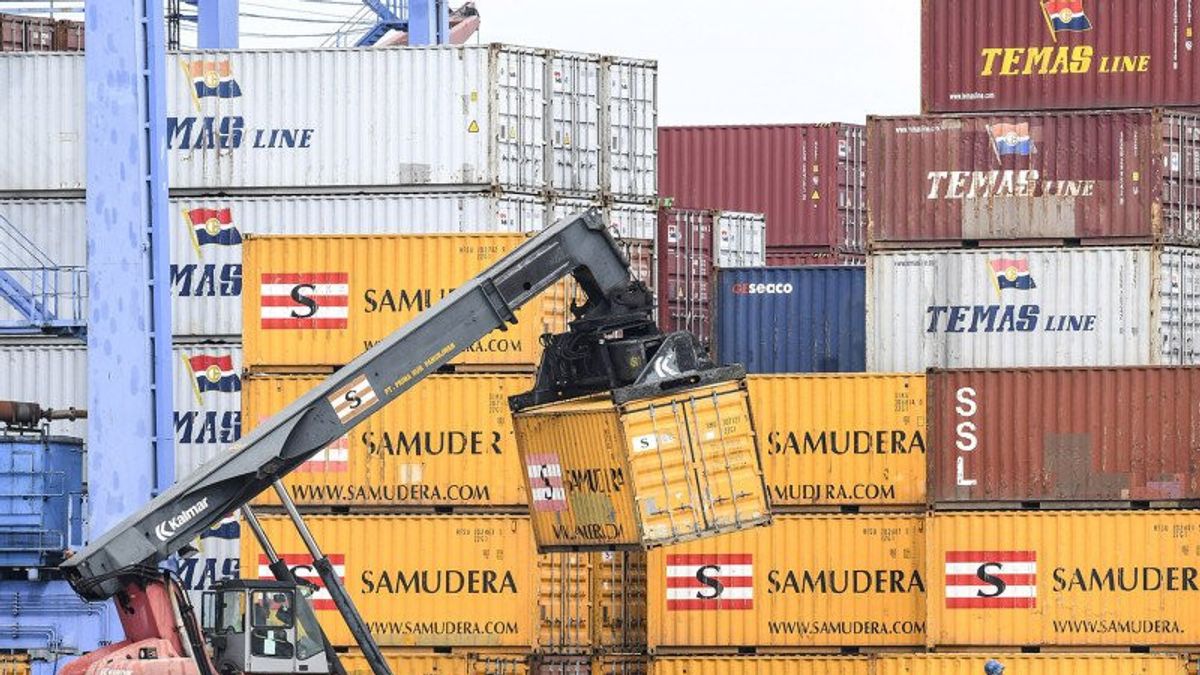
JAKARTA - The Indonesian Chamber of Commerce and Industry (Kadin) responded to the plan to implement the Regulation of the Minister of Trade (Permendag) Number 36 of 2023 concerning Import Policy and Regulation. One of the highlights of this regulation is regarding the prohibition of limited imports (laltas).
Deputy Chairperson of the Trade Division of Kadin Juan Permata Adoe said that his party fully supports the government's efforts to improve import governance and increase the competitiveness of the domestic industry which is the basis for the issuance of the regulation. His party has also received various inputs from sectoral associations affected.
Based on this, his party conveyed a number of views. First, regarding the readiness of supporting infrastructure and regulations, Kadin appealed to the electronic system and all implementing regulations related to Permendag 36/2023 to be ready at least 3-6 months before the implementation of this regulation is implemented.
In this case, the related system will only operate on March 10, 2024, as well as some of its supporting regulations.
"In this case, we urge the need for additional grace periods for 3 to 6 months after the related electronic system and all implementing regulations are available and socialized to all relevant stakeholders to ensure the stability of the supply chain and ensure the sustainability of the domestic production process," said Juan, in a written statement, Friday, February 23.
Kadin also emphasized that previous regulations could still apply for delivery with Bill Lading (BL) before March 10. This is necessary to accommodate in transitship or shipping that is on the way.
"This policy related to transitship is very important for the sustainability of the production process and can affect the achievement of industrial productivity," he said.
Juan assessed that industry players must pursue production targets to meet needs, both domestically and exports without pause. Currently, the challenges faced by the priority industry sector are quite high, it can be seen from the export performance in which the achievement of the manufacturing and mining sectors, for example, has received negative pressure.
"Constraints in meeting needs can lead to loss of opportunities or even further loss of world market share. Ease of doing business and ecosystems that support increasing competitiveness are very important. Hopefully, there will be no additional costs like demurrage which will cause business actors to lose competitiveness," he said.
Then, related to several articles in limiting the importation of raw materials and auxiliary materials, Kadin found that there was a limited capacity of the domestic upstream industry. That way, restrictions on the import of raw materials and auxiliary materials should be able to consider the limited capacity of the domestic upstream industry.
According to Juan, a continuous evaluation of the HS code is needed which is subject to a limited ban, especially raw materials or auxiliary materials for export-oriented industries.
He is worried that limited bans that are not on target will cause disruption to supply chains and production continuity in a number of national strategic industries, such as automotive, mining including smelters, food and beverage swrta electronics that are export-oriented.
Furthermore, Juan hopes that the government can pay attention to the challenges of business actors to be able to import several commodities of raw materials and their auxiliary materials. Thus, production activities are not disrupted and continue to run smoothly.
"Kadin will always be a partner of the government to ensure an increase in export performance, which of course must also be supported by a conducive business ecosystem," he said.
관련 항목:
Some commodities that need to be reviewed are, such as: (a) industrial salt for the export production needs of the paper and food and beverage industry; (b) Iron steel and its derivatives as raw materials and auxiliary materials as well as machine parts for what is needed in the manufacturing process, especially those that are not produced in Indonesia.
Next, (c) heavy vehicle tires as auxiliary materials for production, especially the operation of heavy equipment in the mining and similar industries; (d) Monoethylene Glycole (MEG) for the production needs of polymerization in the Filament Synthetics industry; (e) The commodities of plastic raw materials, including the 12 HS Codes that have been submitted to the government.
Furthermore, (f) non-woven commodities for raw materials and industrial auxiliary materials, such as the automotive industry as well as mining and smelters that have not been fully domestically produced; (g) fiber optic cable commodities for raw materials and auxiliary materials for downstream industry, which have not been fully produced domestically.
The English, Chinese, Japanese, Arabic, and French versions are automatically generated by the AI. So there may still be inaccuracies in translating, please always see Indonesian as our main language. (system supported by DigitalSiber.id)


